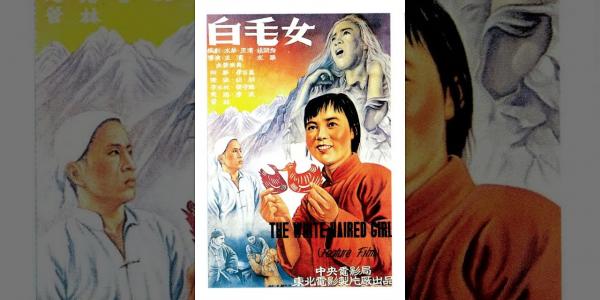Sixth Annual Robert Morrell Memorial Lecture in Asian Religions: Turning Ghosts into People: Religion and Gender Politics in the Chinese Communist Revolution
This talk discusses how Maoist propaganda utilized religion to develop a standard narrative of salvation for its own rule. Specifically, it explores how the propaganda machine co-opted traditional discourse of ritual exorcism in the production and dissemination of the White-haired Girl, a 1945 opera that has been hailed as a revolutionary classic up to the present day. The opera invokes the cosmic redemption of female ghosts to make the female body and sexuality emblematic of class exploitations and national liberation. This gender-laden narrative created a renewed ethical and cosmological rationale for CCP leadership. Building on this narrative, Maoist propaganda proliferated to champion the liberation of the Chinese peasants in the land reform (1946-1953), and to legitimize the Communist civilizing mission of the ethnic borderlands in the early PRC. The archetypal storyline of the White-haired Girl thus evolved into a metanarrative of the Chinese revolution and directly contributed to the formation of the Mao Cult. The lasting appeal of the White-haired Girl illustrates that religion was not a mere adversary for the revolution; it also served as a model with which the Party mobilized support and constructed legitimacy.
Dr. Kang is the author of The Cult of the Fox: Power, Gender, and Popular Religion in Late Imperial and Modern China (Columbia University Press, 2006. Translated into Chinese by Yao Cheng-chih: Boya Publishing House, 2009; Zhejiang University Press, 2011). Her second book, Contesting the Yellow Dragon: Ethnicity, Religion and the State in the Sino-Tibetan Borderland (with Donald S. Sutton, Brill, 2016), won Choice’s Most Outstanding Academic Title in 2016. She is a co-editor of Gendering Chinese Religion: Subject, Identity and Body (with Jia Jinhua and Ping Yao, SUNY Press, 2014,), and is now working on gender, religion and the twentieth-century Communist revolution in China.
The Morrell Memorial Lecture in Asian Religions commemorates the work of the late Professor Emeritus Robert E. Morrell, a specialist in Japanese literature and Buddhism who taught at Washington University for 34 years and who holds special significance for the campus, as Morrell was the first to teach a course on Buddhism. This annual series commemorates his life work by bringing distinguished scholars of Asian religions to campus.
This lecture is cosponsored by the Department of East Asian Languages and Cultures and the Program for Religious Studies.

